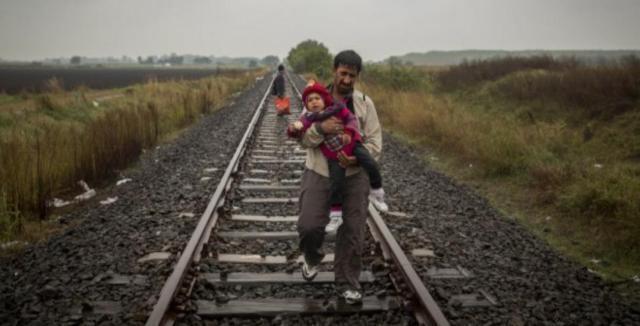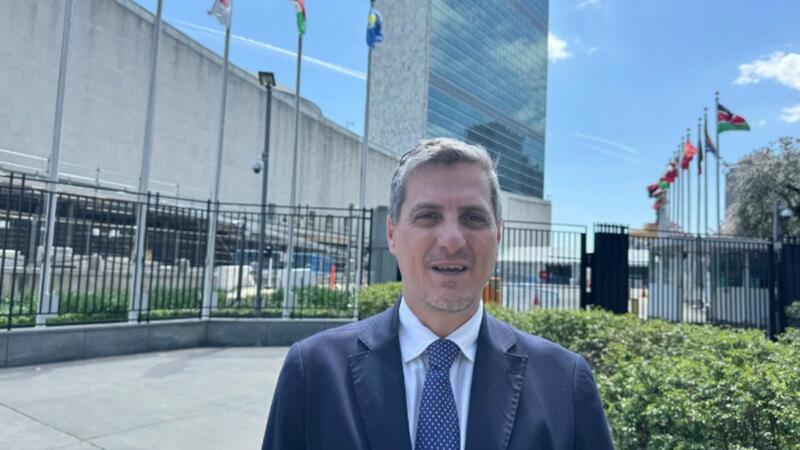The protection afforded by international humanitarian law to refugees and internally displaced persons?

Sawssen Mabrouk
A refugee is defined according to the text of Article 1 of the 1951 Refugee Convention as “a person who is outside the country of his nationality or the country of his habitual residence, due to a justifiable fear of being persecuted on the basis of race, religion, nationality, or belonging to a specific social group or politician, and he cannot
Because of that fear or he does not want to seek protection from that country or return to it for fear of persecution. “
Thus refugees are “the people who have been forced to flee their country.”
As for the “displaced”, they are the ones who were forced to flee from their places of residence to other places within the borders of their country.
Refugees enjoy protection guaranteed by the 1951 Refugee Convention, and the task of monitoring their affairs is entrusted to the High Commissioner for Refugees.
In addition, they enjoy the protection that international humanitarian law grants them when they are victims of an armed conflict, if they fall into the hands of the hostile party or are subjected to hostilities in the host country.
They are also guaranteed special protection in the occupied territories. The Geneva Conventions stipulated the principle of “freedom from exposure”, which is the mainstay of refugee law.
The Geneva Conventions also recognize the sensitivity of the refugee situation, as foreigners fall into the hands of a party to the conflict, in addition to not enjoying the protection of the country of their nationality.
As for persons displaced within their own countries, civilian persons are guaranteed by international humanitarian law
During armed conflict, it provides them with special protection from the effects of hostilities, and it is prohibited to attack them by the parties to the conflict, or to terrorize them, or to use starvation as a method of combat, or to destroy supplies and food necessary for their livelihood,
Or demolish their homes.
Displaced persons during “internal” non-international armed conflicts shall enjoy the protection afforded to them by the common Article 3 of the four Geneva Conventions and the Second Protocol. International humanitarian law prohibits forced deportation to prevent the emergence of displacement, except in cases where such deportation is necessary for the security of the population themselves, or for imperative military reasons,
In addition to the provisions and rules of general protection guaranteed by humanitarian law for civilians, which would limit the movement of displacement if respected.
Sawssen Mabrouk correspondent Projet Radici Madenine Tunisia







